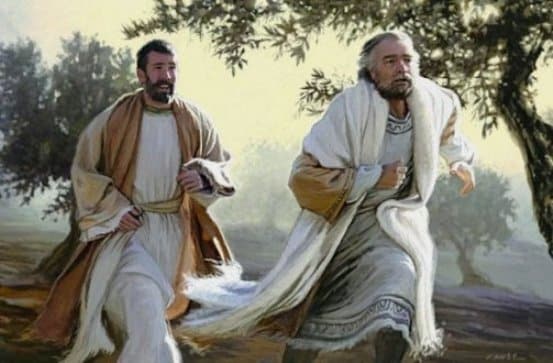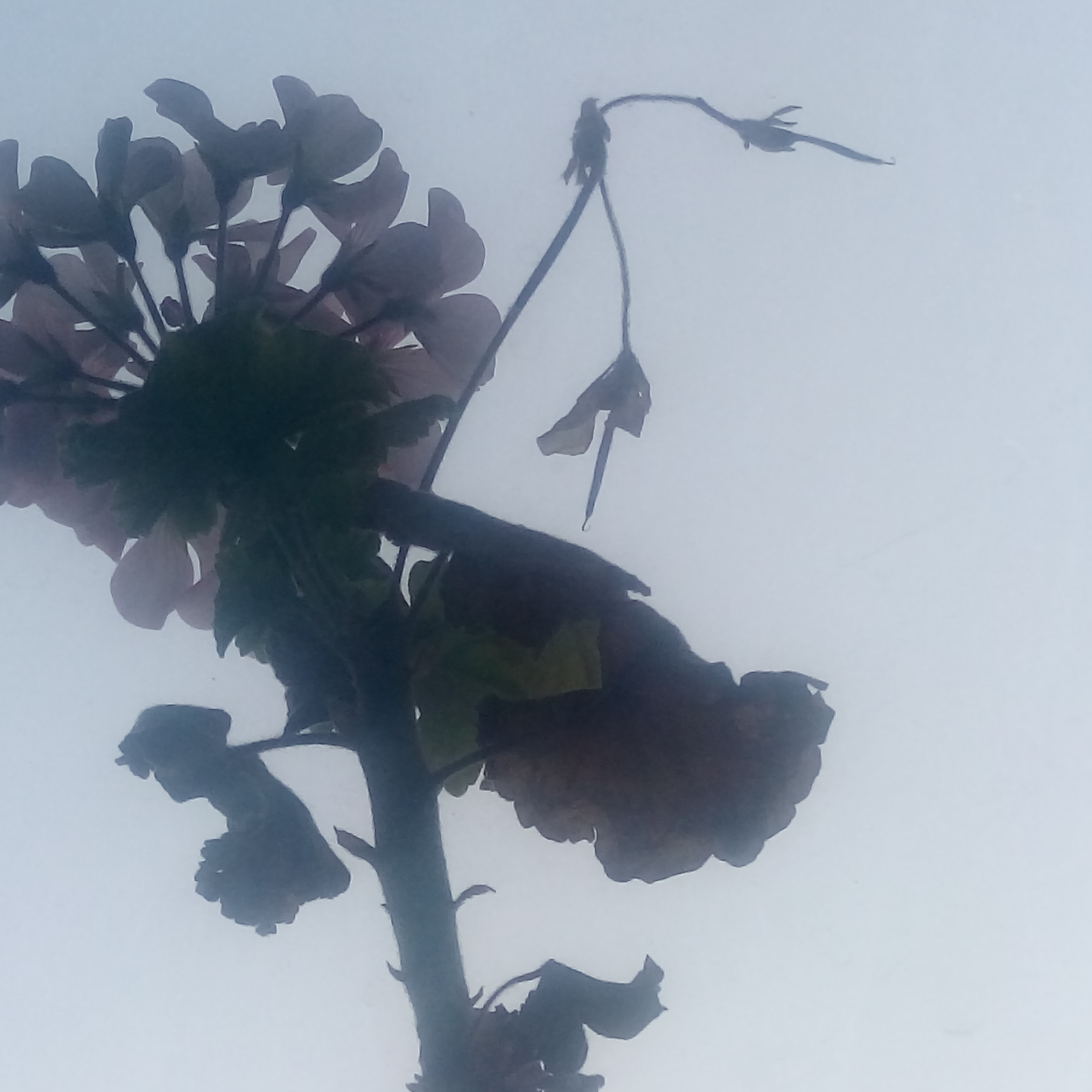مریم مجدلیه
به نام مجدلیه در انجیل لوقا ۸:۲ اشاره شده:
برخی بر این باورند که، انجیلی به مریم مجدلیه منسوب است




Thomas
انجیل توما
عیسی گفت: «بجویید که می یابید. لیکن، آنچه پیش از این درباره اش از من می پرسیدید و به شما نمی گفتم، اکنون میل دارم بگویم، اما شما سراغ آن را نمی گیرید.
عیسی گفت: «هر گاه دو را یکی کنید پسران انسان می شوید، و آن گاه اگر بگویید: کوه، حرکت کن، حرکت می کند.» (107) عیسی گفت: «ملکوت شبانی را ماند که صد گوسفند داشت. یکی از آنها، که پروارترین بود، گم گشت. شبان نود و نه گوسفند را رها کرد و به دنبال آن یک گوسفند گشت تا آن را پیدا کرد. هنگامی که به چنین زحمتی افتاده بود، گوسفند گمگشته را گفت: بیش از نود و نه گوسفند از تو مراقبت می کنم.
آیا عیسی نمی گوید: «هر کس خود را بیابد برتر ازدنیاست؟» (112) عیسی گفت: «وای بر جسم که متکی بر جان باشد؛ وای بر جان که متکی بر جسم باشد.» (113) شاگردانش گفتند: «چه وقت ملکوت در می رسد؟» <عیسی گفت: > «با انتظار فرا نمی رسد. چنان نیست بگوییم که این جاست یا آن جاست.» (114) شمعون پطرس ایشان را گفت: «مریم ما را ترک کند، از آن که زنان سزاوار زندگانی نیستند.» عیسی گفت: «خود من راهش می نمایم تا نرینه اش سازم، آن گونه که او هم روحی زنده همچون شما نرینگان شود. از آن که هر زنی که خود را نرینه سازد به ملکوت آسمان وارد شود




